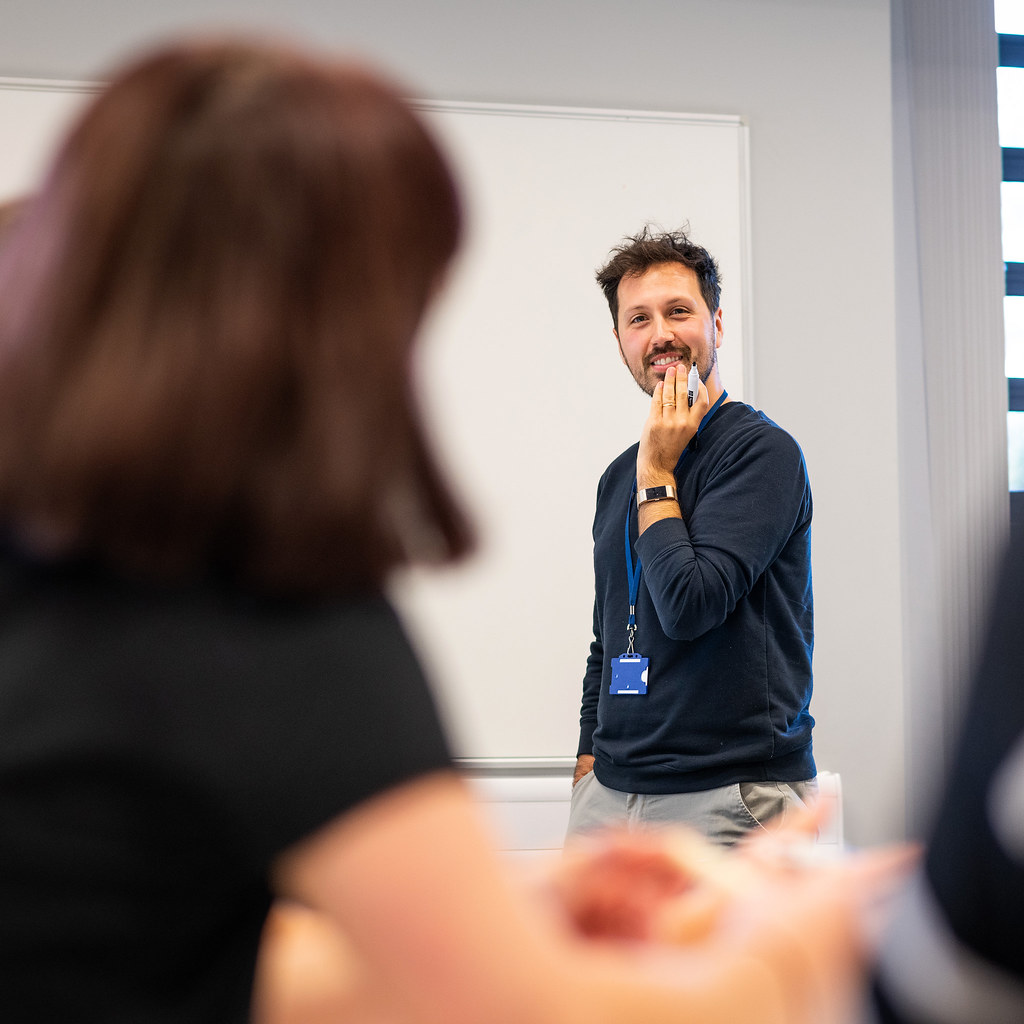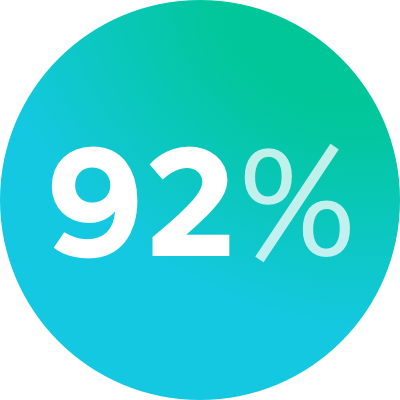MA Interpreting and Translating at Bath has been running for over 50 years and is highly respected internationally for our quality of the training. It covers professional translation and different types of interpreting; including simultaneous and consecutive interpreting, and liaison interpreting in public and commercial settings.
MA Translation and Professional Languages Skills started in 2003 in response to requests from employers for linguists trained in translation, editing and proofreading. It's one of few courses in the UK to train students in such a variety of sought-after skills, which can be used immediately in the professional market.
Both courses give you access to our professional-grade interpreting labs 1 . You'll also, where possible, be able take part in training opportunities with external organisations 2 .







